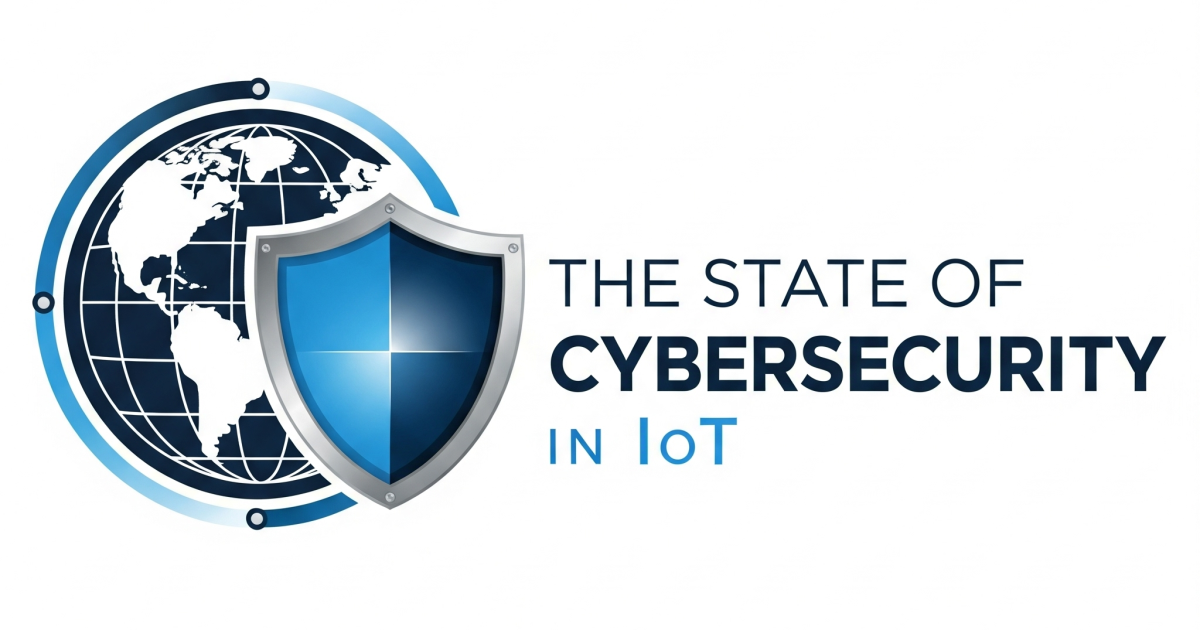
For the uninitiated (as I admittedly was, until recently), here’s a long-story-short rundown on D2D:
Direct-to-Device communication refers to two devices communicating directly with each other, rather than relying on existing network infrastructure. (D2D also refers to any device that is able to connect to mobile services using a SIM or satellite technology.) D2D communications can greatly increase spectral efficiency, improve throughput, and expand the capabilities of modern communication applications.
Examples of this include D2D for emergency services (i.e. so user data can be transmitted quickly, and without troublesome network hinderances), as well as in use cases involving M2M (Machine-to-Machine) smart tech as part of IoV (the Internet of Vehicles).
By this logic, D2D is capable of connecting mass-market connectivity devices to satellites in order to provide coverage for roadways, for mining and energy firms, for agricultural companies with personnel and equipment out in remote regions, etc. So even though it isn’t ubiquitous just yet, the supplemental coverage that D2D provides has the potential to impact businesses’ operations globally in the years to come.
With this D2D context in mind, we should talk about the latest venture from Viasat and Skylo Technologies.
Earlier this month, satellite communications provider Viasat and NTN (Non-Terrestrial Network) service operator Skylo Technologies officially announced the launch of what is being described as “the world’s first global D2D network.” By combining Skylo’s 3GPP Release-17-based satellite technology with Viasat’s geostationary, L-band satellite constellation and licensed spectrum holdings, this new network will unlock massive opportunities across IoT; in smart cities, for automotive, rural connectivity, chipset manufacturers, food production, mining, logistics, defense applications, and more.
As the announcement detailed, the new network “will utilize Viasat's global L-band capabilities and partner satellite operator networks,” as L-band is known for its reliability. This will ensure that Viasat's and Skylo's D2D network will be capable of “securely delivering data to serve the needs of businesses, governments and out-of-reach consumers. Viasat's geostationary licensed L-band network is also ideally suited for delivering D2D services and will not require the use of terrestrial spectrum or global regulatory changes or approvals.”
"Our agreement with Skylo marks a pivotal point for global connectivity,” said Andy Kessler, Vice President, Enterprise and Land Mobile at Viasat. “There is now the framework for a global narrowband NTN, with unique levels of resilience, that can support the innovation of MNOs, chipset manufacturers, OEMs and IoT solution providers as they come together to build next-gen solutions for businesses, governments and consumers. The global production and supply chain will gain access to valuable data from the remotest edge, and with the same level of effort as they would in a city connected by cellular 5G."
And per Tarun Gupta, Skylo’s CPO:
"This collaboration with Viasat represents an inflection point in the evolution of connectivity. By merging our groundbreaking 85-plus patents and 3GPP Release-17-based satellite technology with Viasat's extensive geostationary network, spectrum capabilities and partnerships, we are unlocking a world of unprecedented connectivity. This network is not just a technological breakthrough; it's a catalyst for inclusive, global innovation – bringing high-quality, reliable, and affordable connectivity to every corner of the planet, revolutionizing industries from agriculture to transportation, and enhancing lives in both urban and remote communities."
Expect to hear more about this global D2D network from Viasat and Skylo early next year.
For the latest in business communications and technology tools, solutions, and strategies that are re-shaping how businesses operate and communicate, join the conversation at ITEXPO 2024, taking place in Fort Lauderdale, Florida, February 13-15, 2024, part of the #TECHSUPERSHOW. Since 1999, ITEXPO has combined educational conference programming with a robust exhibit hall, networking events, and other activities, bringing together buyers and providers of business technology products and services that drive business success. Along with ITEXPO, #TECHSUPERSHOW includes MSP Expo, IoT Evolution Expo, Future of Work Expo, Enterprise Metaverse Expo, Generative AI Expo, and more.
Edited by
Greg Tavarez





